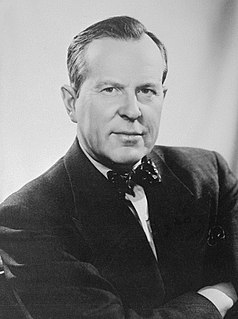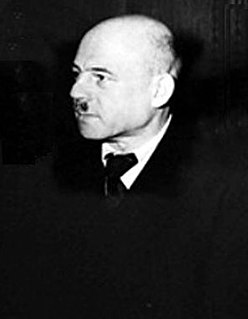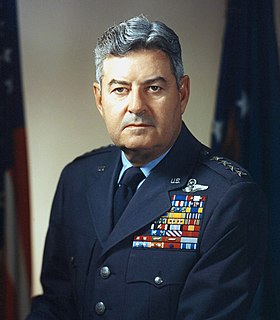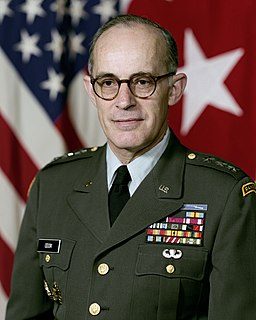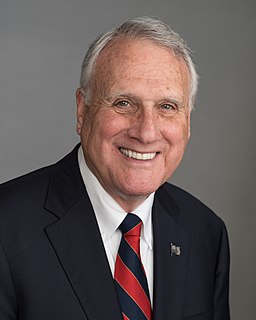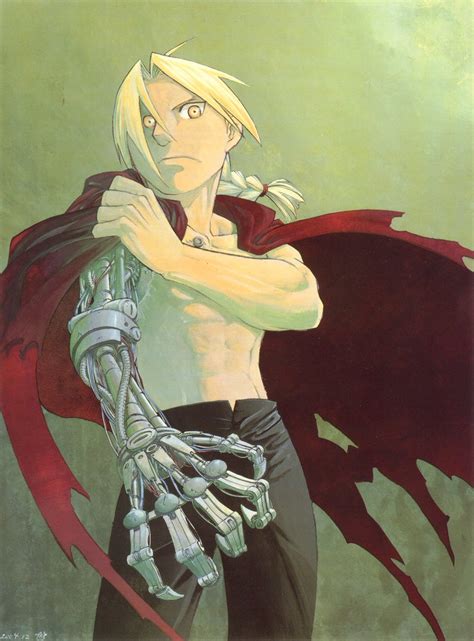A Quote by Lester B. Pearson
As a soldier, I survived World War I when most of my comrades did not.
Related Quotes
Books have survived television, radio, talking pictures, circulars (early magazines), dailies (early newspapers), Punch and Judy shows, and Shakespeare's plays. They have survived World War II, the Hundred Years' War, the Black Death, and the fall of the Roman Empire. They even survived the Dark Ages, when almost no one could read and each book had to be copied by hand. They aren't going to be killed off by the Internet.
If you look at what we did with 'Winter Soldier' with the Cap character in terms of bringing him into the modern world, trying to ground the movie tonally into something that was a step toward real-world, at least to the degree you can do that in a superhero movie, that's still the tonal universe that we're playing in 'Civil War.'
In researching this volume, I interviewed veterans who had been at the front during World War II. I read countless books, examined film footage, and listened to many detailed and intense stories firsthand, but the one comment that affected me the most came from a former soldier who lowered his gaze to the tabletop and said, ‘I never watch war movies.
As you look back in history, we [the United States] have done wonderful things, the Marshal Plan is the most obvious. After World War II, we spent billions of dollars to rebuild Europe or at least part of Europe after the devastation of World War II. We did it out of charity, but we also did it to keep the Russians from getting deeply into Europe.
